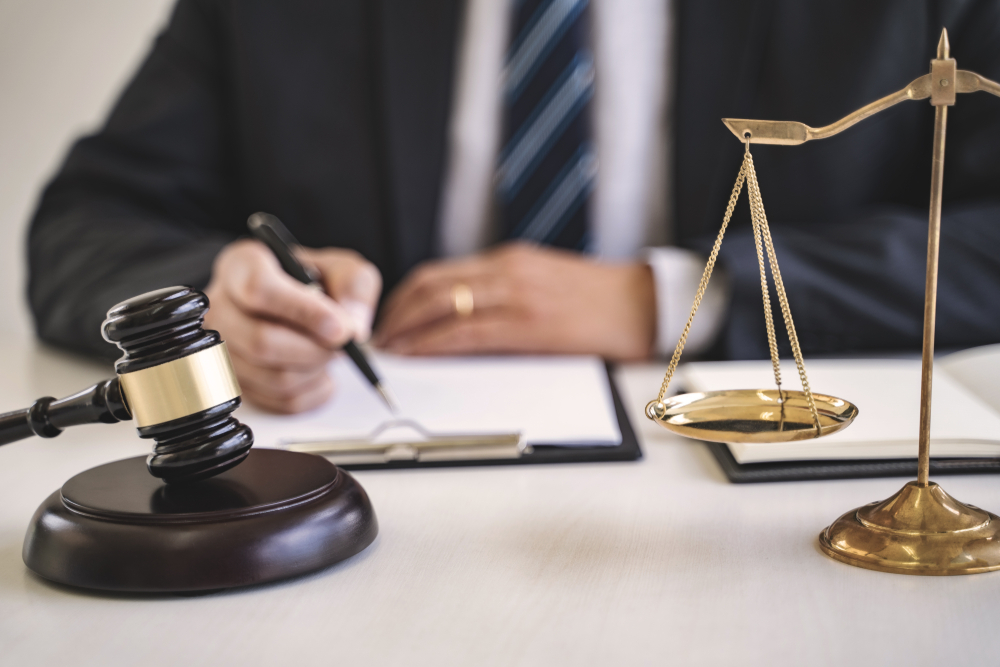2 Reasons Lawyers Avoid Trials (And 3 Reasons To Get Over Them)

If you’re a plaintiff’s lawyer, you need to take cases to trial. However, some attorneys tend to shy away from this. Here are a few reasons why lawyers tend to avoid going to trial, as well as three reasons why you need to get over these mental blocks.
Reasons Lawyers Avoid Going to Trial
1. Fear
There’s the fear of failure. The fear that the jury will reject your case. The fear that you will lose completely, or get less than the defendant’s offer. There is the fear that you will be judged by your peers if they find out about your lack of success.
2. Time
Time is another obstacle. There’s the sheer length of time it takes to take a case to trial. Waiting is hard. It’s especially hard for clients. There’s also the amount of time required to properly prepare a case for trial and to try it.
If you want to get trial experience, you have to get past these obstacles. To get past the fear, don’t focus on what could go wrong at trial. Focus on what could go right. Focus on the process instead of the end result.
Don’t worry about the amount of time you have to spend either. Even if it isn’t worth the time investment from a monetary perspective, it is worth it in terms of developing your skills and in developing a reputation among insurers as somebody who tries cases.
Trials give you invaluable experience and make you a better lawyer. Here is what I have found are some of the main benefits of taking cases to trial.
3 Reasons to Go to Trial
If you struggle with the mentalities discussed above, you’re not the first lawyer to do so. However, you really should be taking some of your cases to trial. Here are the top three values I see in this:
1. Trials let you start with the end in mind.
By seeing the end result at a trial, it makes you a better lawyer when working up your cases because you can better envision how things may be used for, or against you, at trial.
2. Trials give you confidence.
You get experience arguing on your feet and get familiar with court processes and procedures. This will help you when you have trials in bigger cases.
3. Trials let you test out your arguments.
An actual jury is the best focus group you could possibly have. Even the best comedians try out their jokes on small audiences in obscure comedy clubs before they use them on bigger stages. If you’re a trial lawyer, your cases, especially your smaller ones, can be your testing grounds for different arguments you want to try out.
At the end of the day, developing your trial skills is incredibly important to your own success, and pushing cases to trial will help ensure that all of your clients get the possible results.
When you’re in the day-to-day grind of working on your cases, it can be hard to prioritize searching out opportunities to get trial experience. But if you seek out opportunities to try cases—whether it is in your own cases, cases with other lawyers in your firm, or with lawyers at other firms—you’ll be a much better lawyer for it.
What do you think? Continue this discussion with me on LinkedIn, or reach out to me directly to share your thoughts.
About the Author
Darl Champion is an award-winning personal injury lawyer serving the greater Metro Atlanta area. He is passionate about ensuring his clients are fully compensated when they are harmed by someone’s negligence. Learn more about Darl here.
